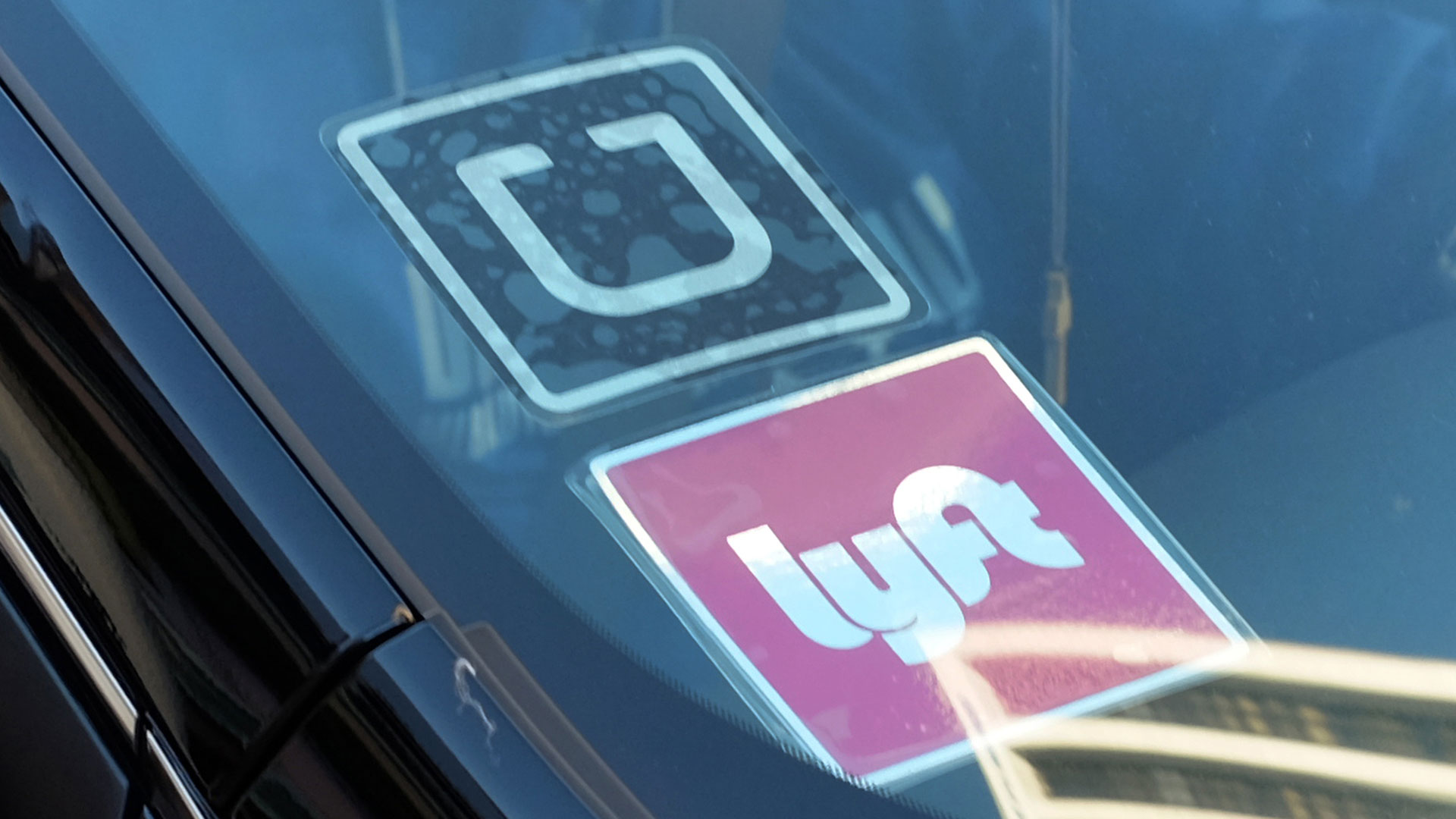

Uber and Lyft have had some issues with background checks. The two ride-sharing companies left Austin after the city voted to require fingerprinting for drivers, although they returned after the Texas state legislature overruled the regulations coming out of Austin. More recently, about 8,000 Uber and Lyft drivers failed Massachusetts background checks.
That means new rules under consideration in California may be a boon to the two companies. Instead of fingerprinting, the California Public Utilities Commission (CPUC) may only require Uber and Lyft to ensure that background checks are done by an accredited vendor once a year, according to the San Francisco Chronicle.
The CPUC said requiring fingerprinting would not improve safety significantly, although current rules do require California taxi drivers to get fingerprinted. Lyft already reportedly conducts annual background checks, but Uber does not.
The move will likely draw criticism from taxi drivers, who view ride-sharing services as unfair competition. In many cities around the world, ride-sharing services aren’t regulated as heavily as taxi services. That’s a key part of the business model for companies like Uber and Lyft, since it makes it easier to sign up new drivers and limits companies’ responsibility for them.
But there has been some pushback. Transport for London, the British capital’s transportation agency, refused to renew Uber’s operator license, in part because of lax background-check policies. Uber and Lyft may catch a break in California, but as ride-sharing use grows, a repeat of Uber’s London situation is increasingly likely.